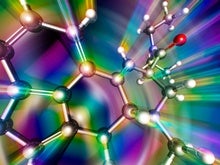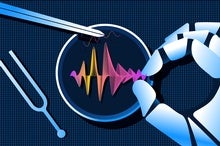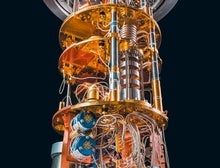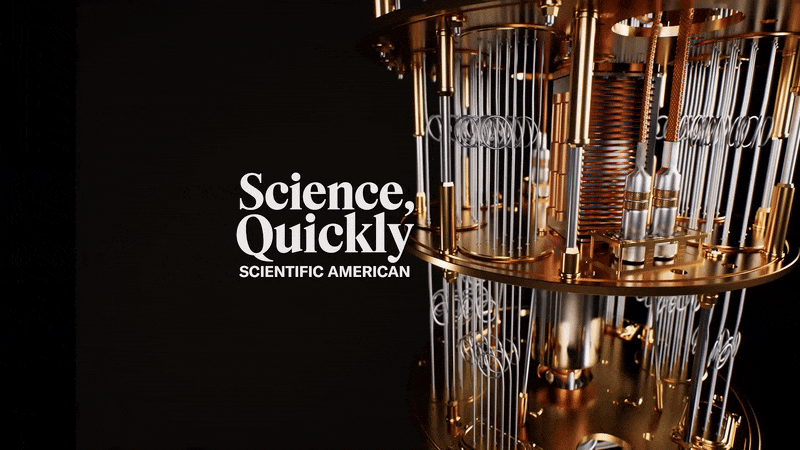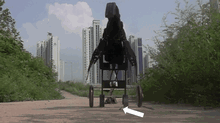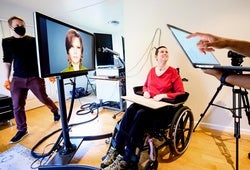|
 | |||||
| January 31, 2024 | |||||
| On Monday, billionaire technologist Elon Musk announced on X that his company Neuralink has implanted its brain-computer interface into a human for the first time. He said the trial participant is "recovering well," but gave no additional details. Our new technology editor Ben Guarino spoke to John Donoghue, an expert in brain-computer interfaces at Brown University, about what this step means for the burgeoning technology. Read more in his story below! | |||||
| |||||
 | |||||
| |||||
| |||||
| |||||
| |||||
| |||||
| |||||
| |||||
| |||||
| |||||
| |||||
| |||||
| LATEST ISSUES | |||||
| |||||
| Download the Scientific American App | |||||
|
Scientific American
1 New York Plaza, FDR Dr, Floor 46, New York, NY 10004

